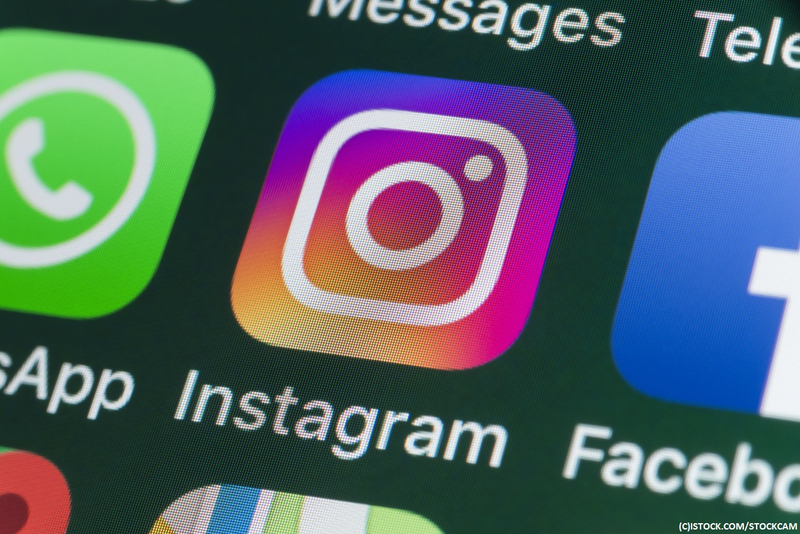Instagram has topped YouTube as the number one platform for influencer content – with brands
heeding consumer interest and moving towards ‘honest disclosure’ of partnerships.
That’s according to new research from Rakuten Marketing. The company, in its 2019 Influencer Marketing Global Survey which polled 3500 consumers and 700 marketers globally, saw Instagram cited by 65% of those polled as where they most follow influencers, beating YouTube (62%) and Facebook (62%).
When it came to preferred content, video – cited by 64% of those polled – and images (61%) naturally beat out the written word (38%) according to survey respondents. More than half of those polled (53%) said they discovered new influencers on social media platforms themselves, ahead of friends and family (48%). One in three (32%) said they were influenced by giveaway offers.
From a consumer perspective, 90% of those polled said they share some form of content. Two thirds (66%) said they shared content because it was interesting and different, while half said they shared to refer a friend to a brand or product.
The research also explored how influencers helped continue the journey to purchase. Globally, four in five consumers said they had made a purchase recommended by an influencer by clicking on the link or image that was shared. The report noted this change in mindset. Previously, marketers believed influencers were good for building awareness but went no further. Consumers now are saying they will click through and buy if the product is right.
“Influencer marketing has come a long way and understanding from consumers, brand and influencers themselves has grown,” said Anthony Capano, Rakuten managing director EMEA. “People increasingly appreciate the work and financial investment involved in making great daily content. However, this level consumer savviness comes at a price: if influencers are promoting products that aren’t a natural fit, audiences will switch off.
“It’s about being authentic,” Capano added. “Brands must prioritise partnering with influencers that align with their brand values. Influencers must prioritise promoting products that align with their own ‘brand’ or risk losing their audience.”
Analysis
For organisations, it has been a long-standing problem; how to make friends and manage influencers. If you give an inch, people – and brands – will invariably take a mile. In August, the Competition and Markets Authority (CMA) in the UK promised to name celebrities and influencers on social media who were shilling without shame. Those subsequently named, including Ellie Goulding, Zoe Sugg and a gaggle of non-descript reality non-stars, agreed in January to change how they posted online.
The report also advocates the increasing trend of micro-influencers. According to the marketers polled, 36% of their influencer partnerships come from smaller players, compared with 30% for higher-tier influencers and celebrities – determined as those who have more than 500,000 followers. The advantage of micro-influencers is two-fold; they have a much more engaged, albeit smaller, base, and they’re cheaper.
Writing for this publication in August, Roberta Fuke, CEO of Speed Communications, noted how even large brands are making the most of this opportunity. “Quality of content is much more effective than quantity of followers,” wrote Fuke. “It may be ‘slow burn’, but it is worth it for brands in the long term.” “[Micro-influencers] are typically more engaged – as are their audience – and working with multiple micro-influencers will often result in higher engagement and better cut-through,” added Capano.
With video and images commanding similar levels of support, it may not be a surprise therefore that Instagram is the platform of choice – although marketers can’t farm out clicks when the site goes down, of course. As for Facebook, perhaps the clearest example of how the tables have turned is in influencer fees. Two years ago, according to Rakuten, celebrity influencers on Facebook were raking in up to and in excess of £75,000 per post mentioning a particular brand. Today, they are able to only command around £25,000.

Add Comment